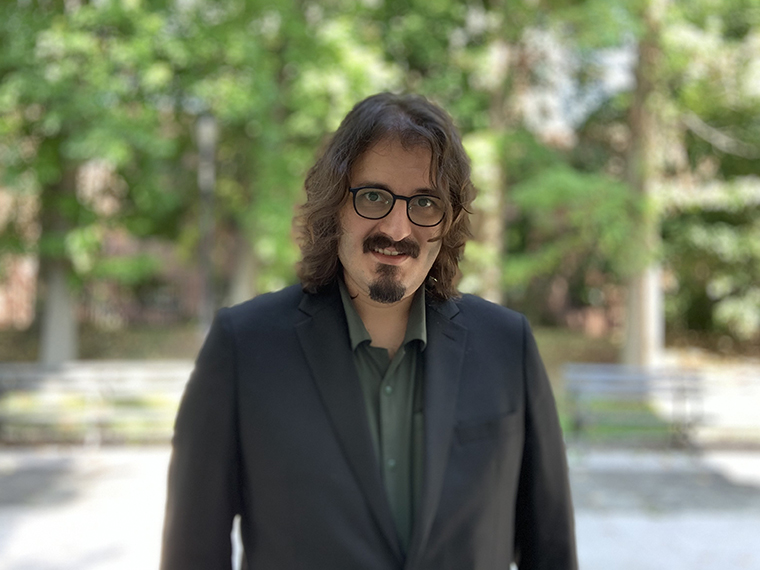Tansu Daylan, an incoming assistant professor of physics in Arts & Sciences at Washington University in St. Louis, was selected by NASA to develop an open-science curriculum for enhanced reproducibility and equity in exoplanet research.

The promise of open science is that NASA research and data should be more collaborative, accessible, inclusive and transparent for everyone from the scientist and student to the city manager and citizen, according to an April 11 announcement from the agency. NASA's Open-Source Science Initiative is promoting change in the openness and speed of access to scientific information by supporting new training opportunities. To kick off the initiative, NASA is investing in a five-year Transform to Open Science (TOPS) effort, which helps researchers engaged with NASA and beyond put open science into practice.
Daylan's TOPS project involves developing a new "ScienceCore" curriculum relevant to exoplanet research that will complement existing training materials and provide information about open-science tools and technology for NASA Earth and space science research. His own research on exoplanets involves their discovery and characterization toward an improved understanding of planet formation, evolution and migration.
"We are building an open science ecosystem for a more equitable, impactful and efficient scientific future," Yaítza Luna-Cruz, program officer for the TOPS Training initiative, said in NASA's announcement. "Open science is about making sure that scientific knowledge is not only accessible, but also reproducible and inclusive. TOPS is a crucial step towards increasing participation of historically excluded groups across NASA science."






